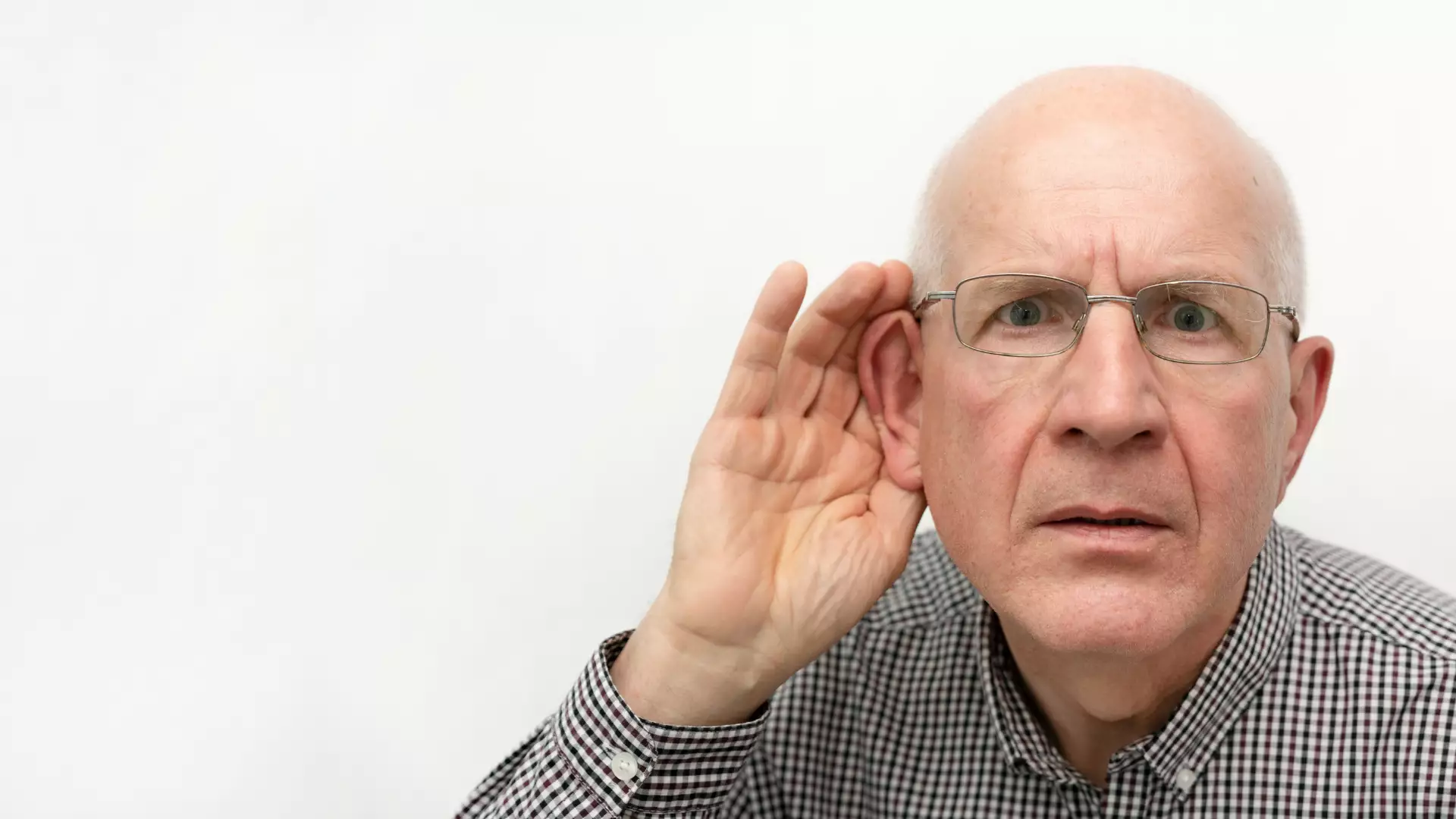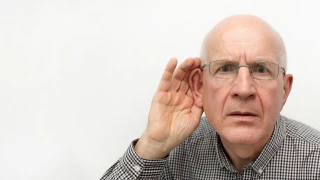
Symptoms of Hearing Loss and Treatment Methods
- Symptoms of Hearing Loss and Treatment Methods
- Why Does Hearing Loss Occur?
- What Kind of Symptoms Does Hearing Loss Show?
- How is Hearing Loss Diagnosed?
- What are the Treatment Methods?
- How Does Hearing Loss Affect a Person's Psychology?
- Do Not Neglect!
Hearing loss, which can occur in any period of life, is a difficult and distressing condition for the person. There are people with congenital hearing loss, as well as those who subsequently lost their hearing. Hearing loss is very common in older people. Ages 60-70 are known as the period when hearing loss occurs most frequently. Men face more hearing loss than women. One in 10 men over the age of 60 may experience some degree of hearing loss.
Why Does Hearing Loss Occur?
This picture can occur for many reasons other than the congenital hearing impairment. If a tumor has been detected in the person or if there is any discomfort that may cause pressure in the head, hearing loss may be on the agenda.
Sometimes hearing loss can be seen in people who are in the process of cancer treatment and receive chemotherapy.
The same may be the case in cases such as sudden exposure to loud noise and explosion.
Age is one of the most important factors that trigger hearing loss. A number of diseases occur in most people as they get older. These are: endocrine diseases, diabetes, metabolic diseases or infections. Such disorders can damage the inner ear of the patient as well as affect the nerves and cause hearing loss.
Disturbances in the middle ear, infections or head trauma are also among the causes of hearing loss.
What Kind of Symptoms Does Hearing Loss Show?
Hearing loss can occur suddenly, or it can happen gradually. If hearing loss occurs suddenly without any symptoms, the person's hearing may be completely lost. Symptoms of hearing loss can be listed as follows:
- While chatting with the person you are talking to, you have difficulty understanding the words and you want them to repeat it over and over again.
- When listening to the radio or watching TV, you may turn up the volume too much because you don't hear enough. This will be noticed by your environment.
- If the environment you are in is noisy, the sounds may sound muffled and meaningless to your ears.
- You feel as if you have water in your ear and there is a blockage.
- You have trouble conversing with more than one person and you try to understand what they are saying by reading their lips.
- Sounds such as ringing and whistling disturb your ears.
How is Hearing Loss Diagnosed?
If you have the symptoms listed above, you should see a specialist ear, nose and throat doctor without wasting time. Listening to the patient's complaints, the doctor first investigates whether there is any infection. If there is an infection, hearing tests called objective and subjective are performed on the patient. Inner ear examined in detail; hearing loss, neural damage or hearing loss will give an idea about the situation. After this stage, it will be decided which treatment method will be more suitable for the patient. However, it should be noted that most of the serious hearing loss cannot be corrected. However, in some types of hearing loss, it is possible to improve and treat the patient's quality of life a little more.
What are the Treatment Methods?
There are some details that are effective in the treatment of patients with hearing loss: the patient's age, general health and medical history, the level of the disease, the response of the patient to the appropriate drugs, how long the disease can last. After determining this information correctly, the physician will now proceed to the treatment phase.
When it comes to hearing loss treatment, hearing aids are important for auditory and verbal communication and can often work. Another treatment method is the use of pressure relief tubes. Through these tubes, chronic middle ear fluid is drained. Sometimes the problem is caused by the hammer-anvil stirrup bones in the middle ear. In such cases, the patient is treated by replacing these bones with prosthetic bones.
Telephone amplifiers are also available, as are devices that convert spoken words into text. These methods are also very helpful in increasing the patient's quality of life. Lip reading training is also a useful technique for one to understand what is being said.
How Does Hearing Loss Affect a Person's Psychology?
Hearing loss is a condition that has negative effects on a person's psychology and emotions. In the face of situations such as not being able to understand the person with whom he is talking and not being able to make sense of most of the things that are happening around him, the person may want to prefer solitude over time. This, in turn, leads to a situation of detachment and introversion from the social environment. It is extremely important for people who have a relative with hearing loss to be sensitive and help these people. Congenital or acquired hearing loss can cause different feelings in people. Empathy and understanding are important in making the lives of people with hearing loss easier.
Do Not Neglect!
If you are experiencing some symptoms of hearing loss, you should never ignore it. In fact, people around you may suggest that you see a doctor to activate you in this regard. Hearing loss, a condition that should never be neglected, can be corrected or prevented from progressing with early diagnosis.



